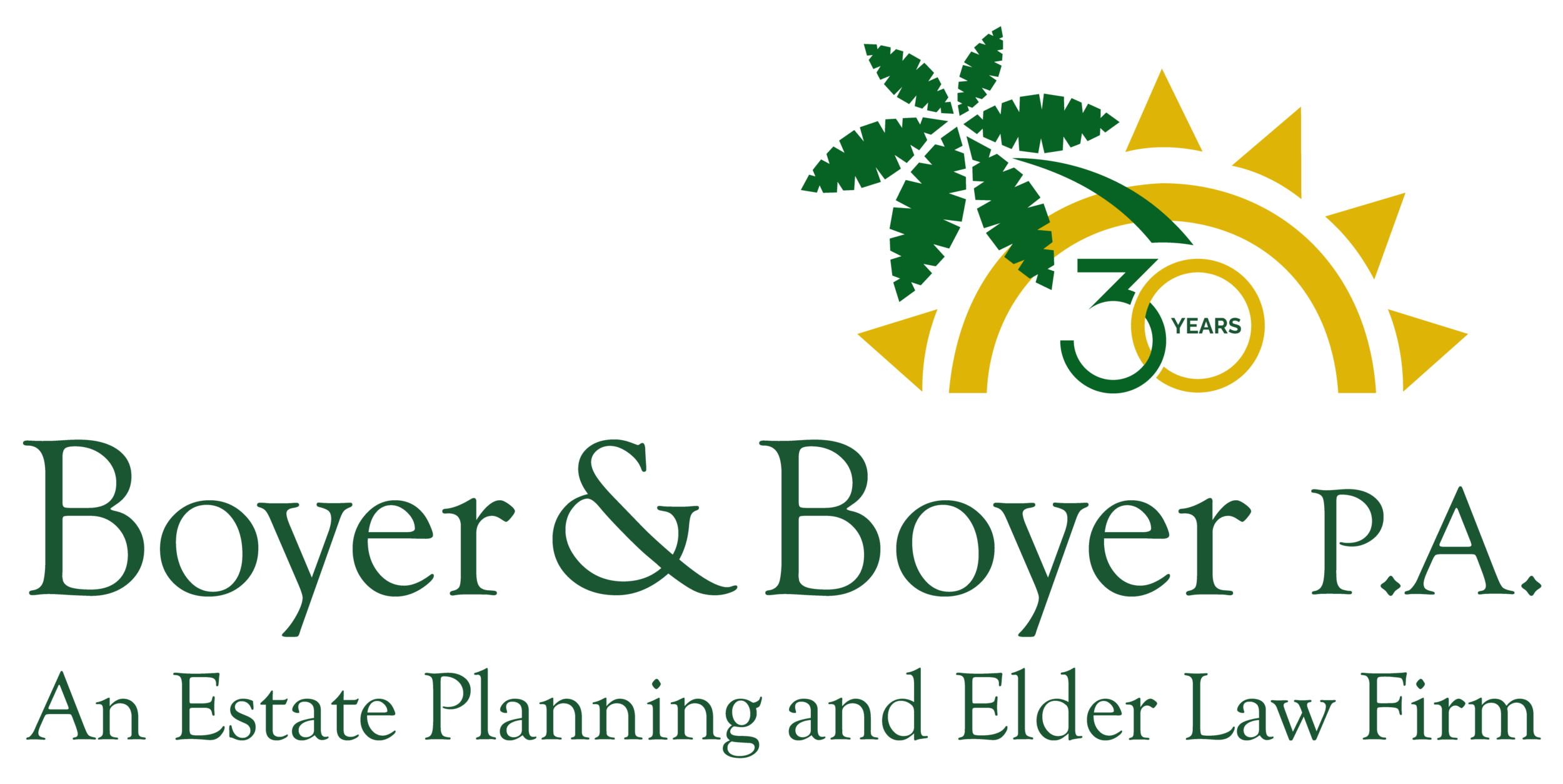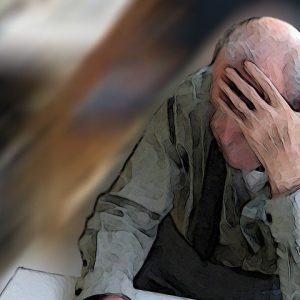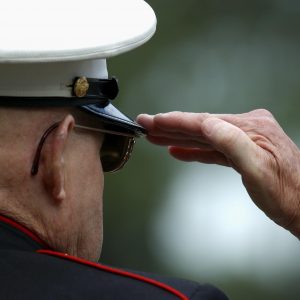
Probate
What is probate?
Probate is a court process for identifying and gathering a decedent’s probate assets; paying taxes, claims, and expenses; and distributing assets to beneficiaries. Florida law provides for all aspects of the probate process, but allows the decedent to make certain decisions by leaving a valid will. (Florida Probate Code is found in Chapters 731 through 735, Florida Statutes.)
Generally, probate assets are those assets in the decedent’s name alone (or otherwise owned solely by the decedent) which contain no provision for automatic succession of ownership at death. The following are a few examples of probate assets and non-probate assets:
Probate Assets
- Bank account in the name of the decedent only
- Life insurance policy payable to the decedent’s estate
- Real estate title in the decedent’s name only (except homestead)
Non-Probate Assets
- Bank account held in trust for (ITF) another or held jointly
- Life insurance policy payable to a specific beneficiary
- Real estate held jointly with rights of survivorship or as tenants by the entirety
These are questions our clients frequently ask:
Does a will avoid probate?
- No, a will does not avoid probate in Florida. Among other things, a valid will usually designates a personal representative (executor) and names beneficiaries to receive probate assets.
What happens to probate assets if there is no will?
- If there is a surviving spouse but no lineal descendants, the surviving spouse receives all probate assets.
- If there is a surviving spouse and one or more lineal descendants, the probate assets are divided among these surviving family members according to Florida statutes.
- If there is no surviving spouse or lineal descendants, the probate assets go to other family members such as parents, brothers and sisters, or descendants of brothers and sisters.
- If there are no surviving family members, then the law provides for further disposition of probate assets.
When should someone avoid probate?
Persons over 50, in ill health, or who own a significant amount of property should develop a plan to avoid probate. Probate can become costly and take months before assets can be distributed to beneficiaries. Contact us to help determine your estate planning needs.
How can someone avoid probate?
Estate planning and elder law attorneys are trained to provide appropriate information on avoiding probate proceedings. The following is general information and ways to avoid probate:
- Create a revocable/living trust;
- Shift property from individual ownership to joint ownership;
- Include “pay on death” or “transfer on death” designation (sometimes called “in trust for”) on automobile titles and bank accounts.
It is important to realize that some people may benefit from the finality of a probate proceeding. Always counsel with a qualified attorney to develop an appropriate estate plan.




